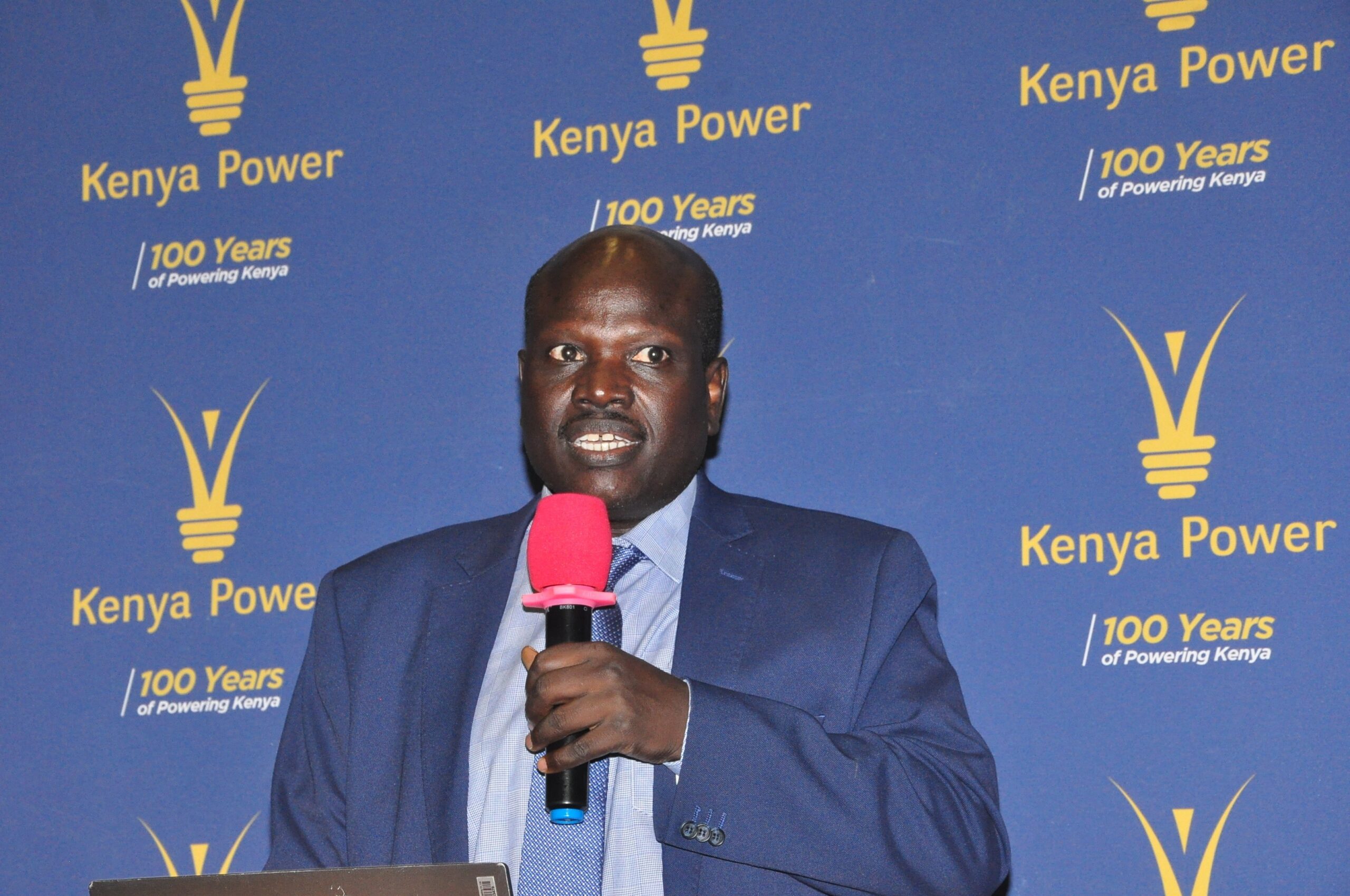Recent legislative developments and amendments to the Office of the Attorney General (AG) Act, 2012, to reduce President William Ruto’s appointing authority have raised questions among the public.
The Statute Law (Miscellaneous Amendments) Bill, 2023, which was approved by the National Assembly on March 20, 2024, is awaiting Presidential assent to be enacted into law.
Public Service Commission (PSC) chair Amb. Anthony Muchiri in a statement said the amendments raise questions about the broader implications for executive and legislative authority and ultimately constitutional adherence.
“The proposed amendment strips the President of the authority to appoint the Solicitor General, transferring this responsibility to the AG based on recommendations of the advisory board,” he said.
“However, this shift alters the Solicitor General’s status from a Presidential appointee, equal to a Principal Secretary, to an ordinary public officer appointed by the AG.”

The amendments seek to redistribute human resource management functions from the PSC to the AG, facilitated by an advisory board.
Also, they grant the AG powers particularly in matters of recruitment and appointment, promotion, and discipline of the Solicitor General, Deputy Solicitors General, States Counsel and other staff within the Office of the Attorney General.
A key consideration emerging from these changes is whether the AG can maintain independence from the national Executive, akin to the Director of Public Prosecutions (DPP).
Proposed Amendments
Currently, the national Executive, as defined by the Constitution, includes the President, Deputy President, Cabinet Secretaries and notably, the Attorney General.
The President holds the constitutional authority to direct and coordinate the functions of the national Executive, including the Office of the Attorney General.
Muchiri argues that there is no constitutional provision that gives the Attorney General independence similar to that of the DPP.
“Unlike the DPP, who operates independently according to Article 157(10) of the Constitution, the AG, whose office is established under Article 156 of the Constitution is inherently integrated into the national Executive framework,” he said.
“This integration precludes complete autonomy from the Executive, as the AG and Cabinet Secretaries are individually and collectively accountable to the President for their actions and functions.”
Also Read: Ruto Issues New Directives to CEOs Over Slashing Budgets
Implications of the Office of the Attorney General Being Independent
Delinking the Office of the AG from the mandate of the Public Service Commission carries significant implications for staff and operations of the office.
All staff at the Office of the AG will initially remain seconded from the PSC until the office is officially designated as a public service for pension purposes.
Subsequently, PSC will oversee the transfer of service of all the staff members to the newly independent Office of the Attorney General.
Similarly, state counsel apart from those within the Office of the AG, will require approval from the Commission for deployment elsewhere within the public service.
Also, staff members currently assigned to the Office of the AG will have to choose between transferring their services to the autonomous Office of the AG or remaining under the PSC mandate as government employees.
Furthermore, state Counsel currently seconded to State Corporations and other agencies will have to choose between returning to the Office of the AG or accepting full-time positions within their current organizations.
Additionally, the AG will lose the authority to second officers to State Corporations and agencies without prior approval of the Commission, as these entities fall within the Commission’s jurisdiction.
The AG’s ability to deploy State Counsel to Ministries, Departments, and Agencies (MDAs) will immediately terminate, as positions within MDAs are mandated to be filled through competitive recruitment processes by the PSC.
Also Read: Truth Behind Govt Employees with Fake Papers Being Forgiven
Financial Implications
Consequently, the Office of the Attorney General will operate akin to a private law firm, responding to Ministry directives through Legal Officers appointed by the Commission.
The establishment of a pension scheme for the Office of the Attorney General and the creation of legal departments within Ministries will carry significant financial implications that might necessitate the generation of “a money bill” for the government.
Muchiri further states that the AG would chair his own advisory board, potentially exerting influence such as the appointments in the current Gazette Notice No 3228 of 19th March 2024 which do not exist in the staff establishment indicated.












































































